So, like all good researchers, I've finally found the key to answering the question I'm supposed to field at the SCBWI conference Sept. 11.
My topic assignment... and I quote...
Laura- talk about what you have learned about working with a small publisher, scheduling book signings, were they worth it, etc.
The question...
Was it worth it?
I have to admit. When I got this question, I couldn't help but feel like it was a leading question into the answer "NO!!!".
But that wasn't the answer I would give. And I've been racking my brain to say everything in a way that would come off helpful, understandable and fair.
And then, unknowingly, a friend put a post on his blog that was the key. Thanks Jeff Savage. I say friend because he has taken the time to answer some of my questions, even though he may have been on the other side of the continent at the time. I love e-mails.
I'm not usually into flow charts, but this is one of those times when I think it will visually illustrate more than I could get across verbally. The concept is simple, but for me- everything I've been thinking since assigned this topic.
And now I have to decide whether to give everyone a preview of my presentation. Hmmm....
How 'bout I give you the basic idea in a nutshell....
Road to Big House publication (if everything magically goes completely perfectly without a single hitch)
Write Brilliant Story- 1st draft= 3 months
Revise Story = 3 months
Now you need an agent...
Query and get request for partial = 8 weeks
Agent requests full = 8-12 weeks
Agent offers representation = 3 months
(I used his numbers. I assure you, your time line will vary greatly)
And, then...
Agent offers editing advise= 2 months
Agent submits to publishing houses = 3 months
You get a book deal...
You're book is available online and in stores = 1.5-2 years
Total time from start to finish... 3.5-4 years
(again, this time line can vary greatly)
My point is, for 3.5-4 years you have no audience. No one has read any of your work. No one is looking forward to reading your big house book. You have no fan base. (Unless you've created it some other way besides producing books.)
It's still going to be years before I have a book with a big house, even if I were lucky enough to land a contract this week. In the meantime, here are the pros and cons of going with a small house...
Cons...
Small press means small money
Small money means small marketing
Small marketing means small audience base
Small audience base means small sales
Small sales means small paycheck
Pros...
My book sees shelves in every state of the US, at least for a while
It's available online
I get to meet people through book signings
I get to share what I've learned with schools and other organizations
I learn a lot about writing because I'm writing all the time
I get to write more than one genre because I'm not locked into a deadline
I get to present at conferences - I love doing this
I get into conferences for FREE- also love this
I have a fan base- people find my book and are looking for my next one
I learn a lot about marketing because I'm doing it
I have lots of opportunities to meet other authors
Using a small press does not prevent me from getting an agent and moving into a big house
And I bet I could keep going for a long long time. My point is, there are lots of benefits of going small press.
At the end of the day, or years as the case may be, I will still get to my goal of publishing with a big house, but I will get to be a published author the whole time.
So, to answer the question, "Is it worth it?"
Yes. Really. You should know what you're getting into, but I definitely think there are advantages to getting in the thick of the publishing world even before you land your big book deal.
Subscribe to:
Post Comments (Atom)
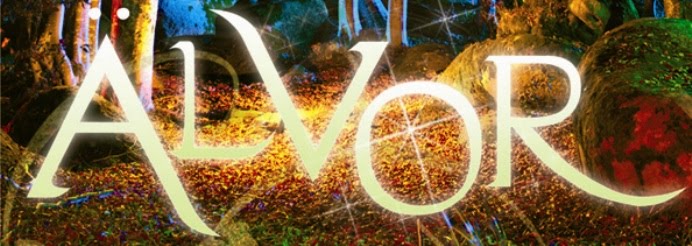





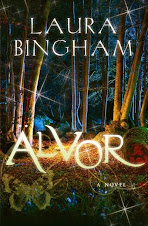



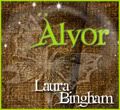


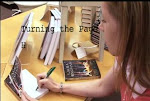


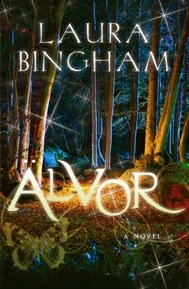


2 comments:
That was super helpful. Thank you!
Good insights, Laura, and meaningful to me as I have my first "small house" novel coming out in December.
http://cheerfulvistadrive.wordpress.com/
Post a Comment